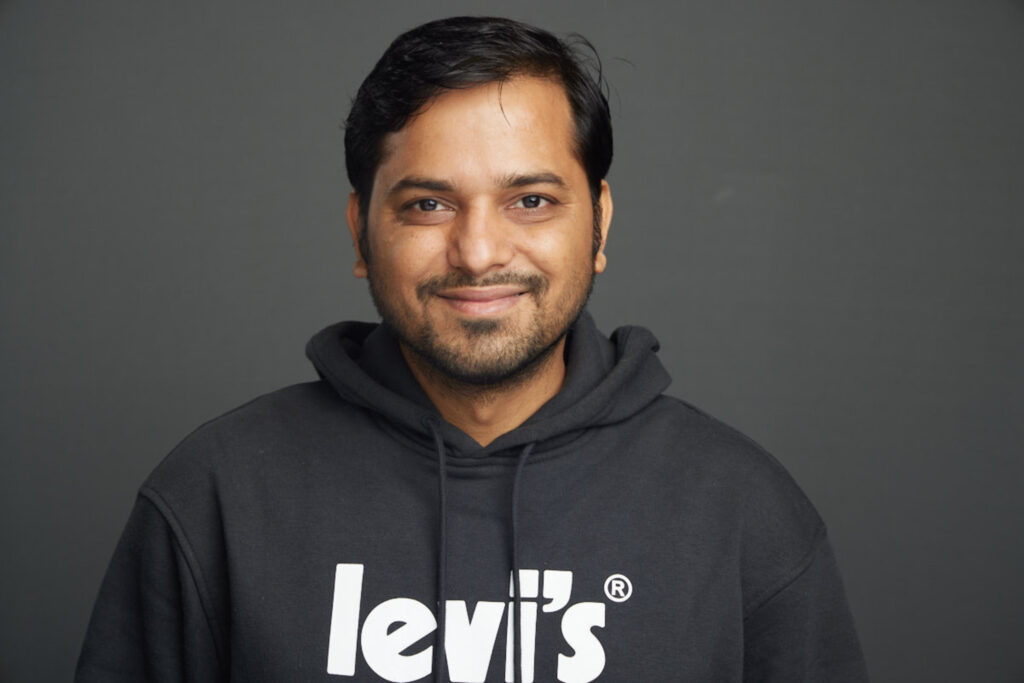
Debesh Jha, Ph.D.
Assistant Professor (Tenure Track), Department of Computer Science, University of South Dakota
Research Overview
Research Overview:
My primary research focuses on developing advanced artificial intelligence algorithms to improve medical imaging across clinical domains including upper and lower gastrointestinal imaging, lung and liver tumor analysis, and predictive modeling for radiation therapy outcomes. Diagnostic accuracy is often limited by data scarcity, interobserver variability, biases, and limited generalizability. To address these issues, I curate multinational datasets including CirrMRI600+ for liver cirrhosis imaging, PolypDB, PolypGen, and Kvasir-SEG for colonoscopy, as well as HyperKvasir and KvasirCapsule for GI endoscopy and video capsule endoscopy. I also develop segmentation architectures such as ResUNet++, DoubleUNet, ColonSegNet, and transformer-based models that enhance diagnostic accuracy.
In prior work I developed algorithms for colonoscopy and endoscopy. One of our algorithms, ColonSegNet, and the dataset Kvasir-SEG have been included by NVIDIA Clara. I investigate predictive modeling and organ-at-risk assessment to optimize radiation therapy planning and outcomes. By integrating curated datasets with state-of-the-art deep learning, my research aims to improve the precision, generalizability, and clinical effectiveness of AI-driven diagnostics and therapies in healthcare.
Research Interests
Core areas and application domains
Medical Image Segmentation
Liver, lung, pancreas, polyp, and multi-organ segmentation in CT and MRI.
Multimodal AI and VLMs
Medical VQA and vision-language integration for diagnostics.
AI for Endoscopy and Surgery
Real-time polyp detection, instrument tracking, and AI-assisted navigation.
Cancer Imaging and Precision Medicine
Prostate and lung cancer segmentation, diagnosis, and planning.
Foundation and Large Vision Models
Transformers, diffusion, and SAM-based architectures for medical AI.
Camouflaged and Anomaly Detection
Defect detection, abnormality analysis, and scene understanding.
Ethical AI and Generative Models
Bias, fairness, and responsible deployment in healthcare.
Non-Invasive Diagnostics
Biopsy-free liver disease detection and oncology imaging.
AI in Sports Analytics
Performance optimization and strategy with AI insights.
Recent News
Highlights and updates
Recognized among the world’s top 2% scientists by the Stanford University and Elsevier ranking for contributions to AI in biomedical engineering.
Received A and S Professional Development Grant Program from the University of South Dakota for Spring 2025.
Elevated to IEEE Senior Member.
Three papers accepted at ICASSP 2025.
Three papers accepted at IEEE CVF WACV 2025.
DiffBoost accepted at IEEE TMI.
Poster of Distinction during Digestive Disease Week 2024.
Best Industry-Related Paper Award at ICPR 2024 for work on harmonized spatial and spectral learning for robust and generalized medical image segmentation.
Junior Distinguished Research and Development Award 2024 by the IEEE Chicago Section Award committee.
Five papers presented at MICCAI 2024.
Two papers accepted at the 2024 CVPR Workshop.
IEEE TMI Distinguished Reviewer Silver Level Award for 2023-2024.
Associate Editor for Frontiers in Radiation Oncology.
Associate Editor for Medical Physics Journal.
Kvasir-SEG dataset mentioned in the Artificial Intelligence Index Report 2022 from Stanford University.
Guest Editor for Applications of Artificial Intelligence for the Diagnosis of Gastrointestinal Diseases.
Guest Editor for Machine-Learning-Based Process and Analysis of Medical Images.
One paper accepted at MICCAI 2022.
Achievements and Recognition
Awards and distinctions
Recognized by Stanford among the world’s top 2% scientists in AI for biomedical engineering.
Poster of Distinction during Digestive Disease Week 2024.
NSF I-Corps award 2025.
Best Industry-Related Paper Award at ICPR 2024.
A and S Professional Development Grant Program, Spring 2025.
IEEE Senior Member elevation.
Junior Distinguished R and D Award, IEEE Chicago Section 2024.
Junior Distinguished R and D Award, IEEE Chicago Section 2022.
Papers with Code first-ever Contributor Award.
MICCAI 2022 Student Travel Award co-author.
Best student paper award finalist CBMS 2020, Mayo Clinic, Rochester, USA.
Best paper award ICEIC 2018, Hawaii, USA.
Best Poster Presentation Award ICEIC 2018, Hawaii, USA.
🏆
Top 2% Scientist Worldwide
Recognized by Stanford University for contributions to AI in biomedical engineering
🏆
Poster of Distinction
Digestive Disease Week 2024
2024
🏆
NSF I-Corps Award
National Science Foundation innovation grant
2025
🏆
Best Industry Paper
ICPR 2024 Conference
2024
🏆
Development Grant
A and S Professional Development Program
2025
🏆
IEEE Senior Member
Elevated to senior member status
2024
🏆
Junior R&D Award
IEEE Chicago Section 2024
2024
🏆
Junior R&D Award
IEEE Chicago Section 2022
2022
🏆
Papers with Code Contributor
First-ever contributor award
🏆
Student Travel Award
MICCAI 2022 Conference
2022
🏆
Best Student Paper Finalist
CBMS 2020, Mayo Clinic
2020
🏆
Best Paper Award
ICEIC 2018, Hawaii
2018
🏆
Best Poster Award
ICEIC 2018, Hawaii
2018